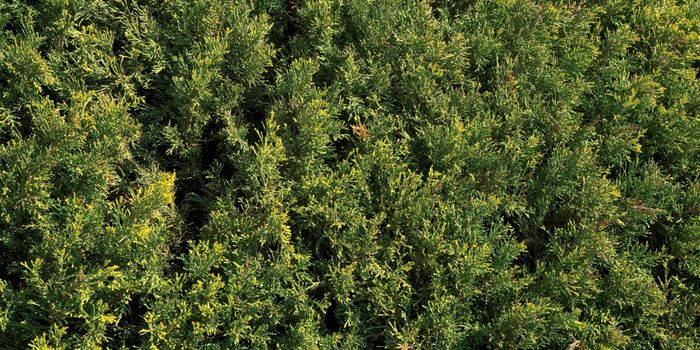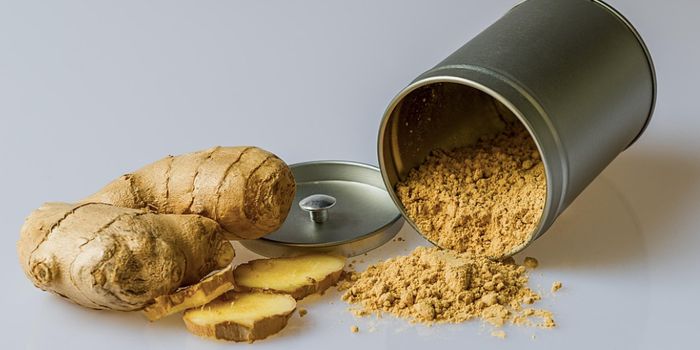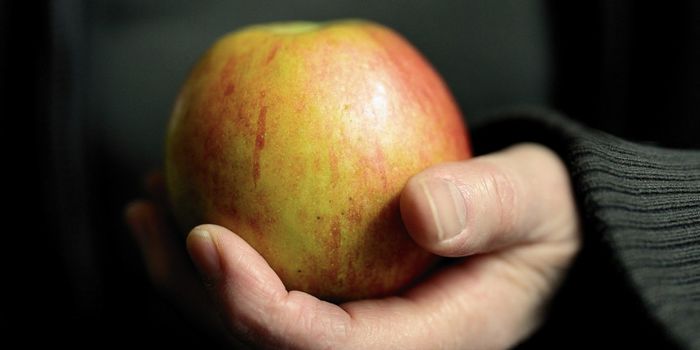Gut Bacteria May Be Responsible for Food Cravings
Cravings are hard to overcome, and, sometimes, even harder to understand. Why do you crave chocolate cake or pickles or cheese at any given time in the day? Sometimes, these cravings make sense. For example, food and memory associations can be particularly powerful, so if you’re heading to the movie theater, you may crave popcorn. Other times, stress and anxiety can lead to cravings. Cortisol is a hormone produced when we’re stressed, prompting us to crave sugary or salty foods.
According to a new study published in the Proceedings of the National Academy of Sciences, our own gut microbiomes may also play a crucial role in shaping what we crave, suggesting that what we want to eat is not necessarily a choice we make, but one made for us.
The theory behind gut microbiomes and cravings is not exactly new, though it’s never been deeply explored before, let alone in an animal the size of a mouse. To test these theories, researchers from the University of Pittsburgh colonized 30 different mice with gut bacteria from three species of three wild rodents. The three wild mice all ate different diets, so the goal was to see how or if these different microbial mixtures changed eating behaviors in mice. Overall, researchers found that the microbiomes of mice with new bacteria from each of the three different wild rodents changed what they ate, underscoring a connection between the gut and food choices.
So what exactly is behind this theory? It all has to do with how the gut and the brain communicate. The two are constantly communicating with each other about what they need and don’t need. However, gut microbes can intercept some of these communications and alter messages sent between the gut and the brain.
Tryptophan, in particular, helps communicate feelings of being full or satisfied after eating. It was also, interestingly, found that mice with the different microbiomes had different levels of tryptophan because the bacteria in their guts could produce it. While researchers highlight that this particular amino acid may play a crucial role in how our guts tell the brain what we want to eat, gut-brain communication is complex and requires further study.
Sources: Science Daily; Proceedings of the National Academy of Sciences








